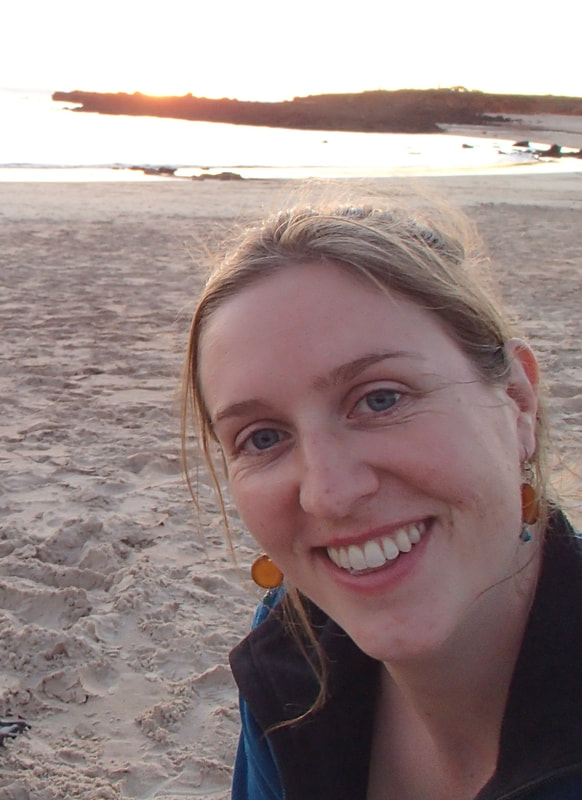Dr. Angela EadsI am an evolutionary biologist with a passion for understanding biological diversity, particularly how interactions between genetic and environmental sources of variation influence phenotypes. Given increasing threats from anthropogenic sources, including climate change, my research is focused around the impact of stress on organisms’ ability to adapt. For my current Post-Doctoral Fellow position at Trent University I’m researching the mechanisms underlying the plasticity of amphibian responses to environmental stressors, including predator cues. I hope to establish some mechanistic links among ecological, physiological, and genome-level responses in amphibian tadpoles to certain stressors, and study the functional links to expressed genes.
During my PhD I investigated the effects of ocean warming and acidification across life-history traits in mussels, Mytilus galloprovincialis, and explored the genetic architecture underlying phenotypic variation. I found that ocean warming may mitigate negative effects of acidification on sperm behaviour, but elevated temperatures significantly decreased fertilization rates. I performed a long-term quantitative genetic experiment, which revealed that genetic compatibility can be disrupted through changes in temperature. For my Honours research, I assessed the level of heritable variation in the ability of embryos of a terrestrial breeding frog, Pseudophryne guentheri, to tolerate desiccation stress due to a drying climate. All traits showed considerable variance due to desiccation and maternal effects, but low levels of additive genetic variance, indicating a limited capacity of P. guentheri embryos to respond to a drying climate. However, progeny from certain male–female crosses were more tolerant to water stress than others. |
|
Current Position
|
|
|
Education
|
|
Peer-reviewed Articles in Scholarly Journals
Eads, Angela R., W. J. Kennington and J. P. Evans. 2016. “Interactive effects of ocean warming and acidification on sperm motility and fertilisation in the mussel Mytilus galloprovincialis”. Marine Ecology Progress Series: 562.
Eads, Angela R., J. P. Evans and W. J. Kennington. 2016. “Plasticity of fertilization rates under varying temperature in the broadcast spawning mussel, Mytilus galloprovincialis”. Ecology & Evolution: 6.
Eads, Angela R., N. J. Mitchell, and J. P. Evans. 2012. “Patterns of genetic variation in desiccation tolerance in embryos of the terrestrial-breeding frog, Pseudophryne guentheri”. Evolution: 66.
Eads, Angela R., W. J. Kennington and J. P. Evans. 2016. “Interactive effects of ocean warming and acidification on sperm motility and fertilisation in the mussel Mytilus galloprovincialis”. Marine Ecology Progress Series: 562.
Eads, Angela R., J. P. Evans and W. J. Kennington. 2016. “Plasticity of fertilization rates under varying temperature in the broadcast spawning mussel, Mytilus galloprovincialis”. Ecology & Evolution: 6.
Eads, Angela R., N. J. Mitchell, and J. P. Evans. 2012. “Patterns of genetic variation in desiccation tolerance in embryos of the terrestrial-breeding frog, Pseudophryne guentheri”. Evolution: 66.
Contact:
Office: Environmental Science Building, Room A148
Phone: 705-748-1011 x7243
Email: angelaeads[at]trentu[dot]ca
ResaerchGate: https://www.researchgate.net/profile/Angela_Eads
Office: Environmental Science Building, Room A148
Phone: 705-748-1011 x7243
Email: angelaeads[at]trentu[dot]ca
ResaerchGate: https://www.researchgate.net/profile/Angela_Eads
